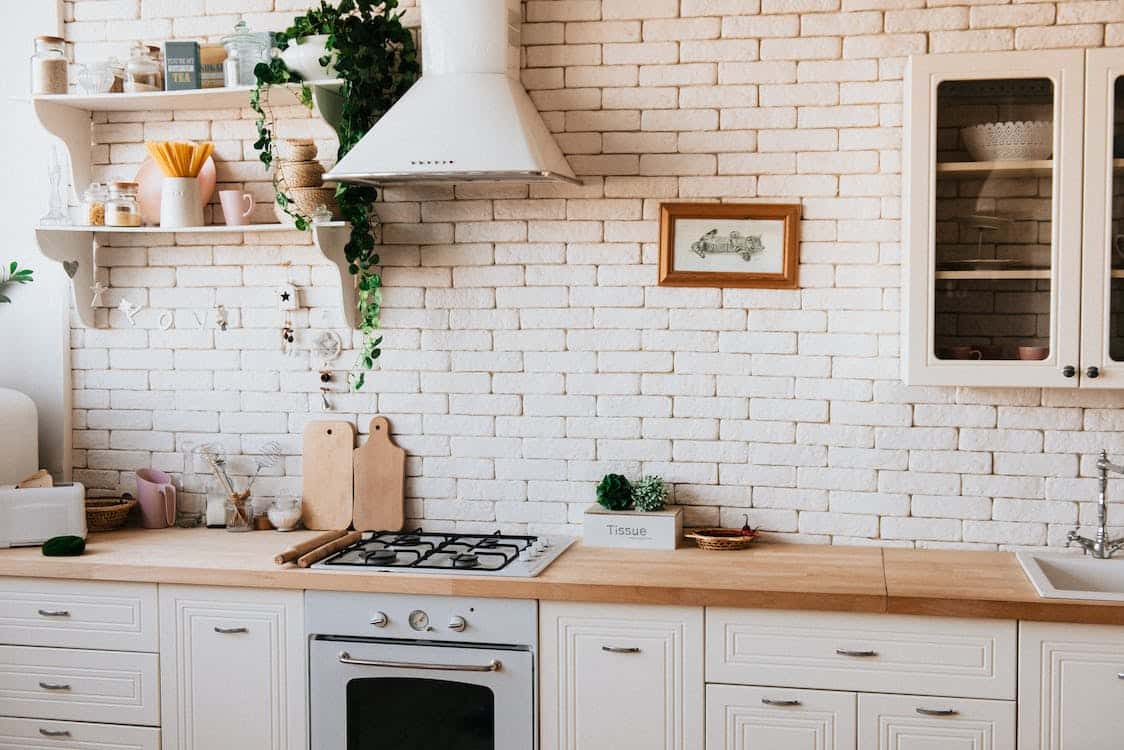According to the Asthma and Allergy Foundation of America, “Many people with allergies often have more than one type of allergy. The most common indoor/outdoor allergy triggers are: tree pollen, grass pollen, and weed pollen, mold spores, dust mites, cockroaches, cat and dog dander, and rodent urine.”
Unfortunately, many of these allergens can be found in your home, including your kitchen. Below we review how to reduce these and other allergens in your kitchen so you can stay symptom-free.
Close Your Windows

If you’re allergic to any type of pollen, you should keep your windows closed, especially in the morning hours when pollen counts are highest. Instead, turn on the air conditioning to get air circulating and to filter out allergens.
Keep It Clean
To prevent pests (and their droppings) from infiltrating your home, be sure to clean up any spills and crumbs on the counters and floors right away. Try to stay on top of dishes to prevent them from piling up. We also recommend regularly dusting the tops of your cabinets and vent hood to lower dust mite counts. When cleaning, use unscented products or make your own cleaners using vinegar and water.
Check Your Food
Old food can grow mold, which is a trigger for many people’s allergies. Regularly check the food in your fridge and cabinets for signs of mold or pests, and throw anything contaminated out promptly in your outside garbage can.
Fix Leaks
Another way mold can infiltrate your kitchen is if you have a leak under your sink or behind your fridge. Be on the lookout for signs of leaks and call a repair person right away if you suspect your appliances are leaking.
Use Lids
Store food in airtight containers with lids to prevent pests from getting into it. Similarly, you should also invest in trash cans with lids, and be sure to empty them often.
Keep Safe Foods Safe
If you or someone in your home has food allergies, be sure to keep safe foods safe by washing your hands, and instructing others to do the same, before handling them. In addition, if you have both safe and unsafe foods in your home, label them clearly for anyone who visits. We recommend designating specific shelves, drawers or cabinets to keep safe foods in so the person with allergies knows where to find them and so there aren’t any accidental mix-ups.
For more information about allergies or to schedule an appointment, call Charleston ENT & Allergy today.
